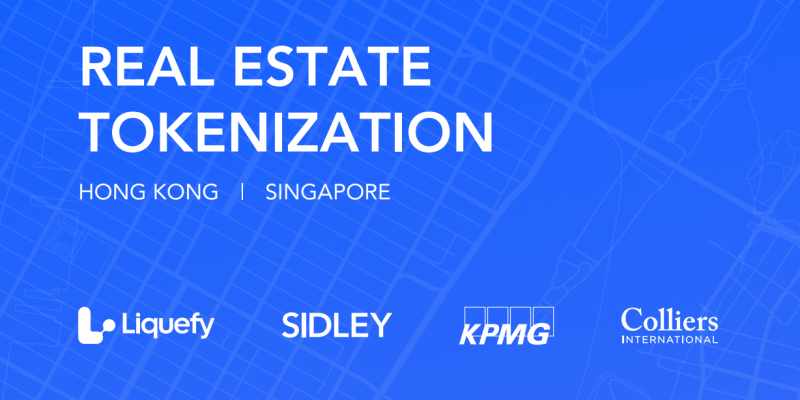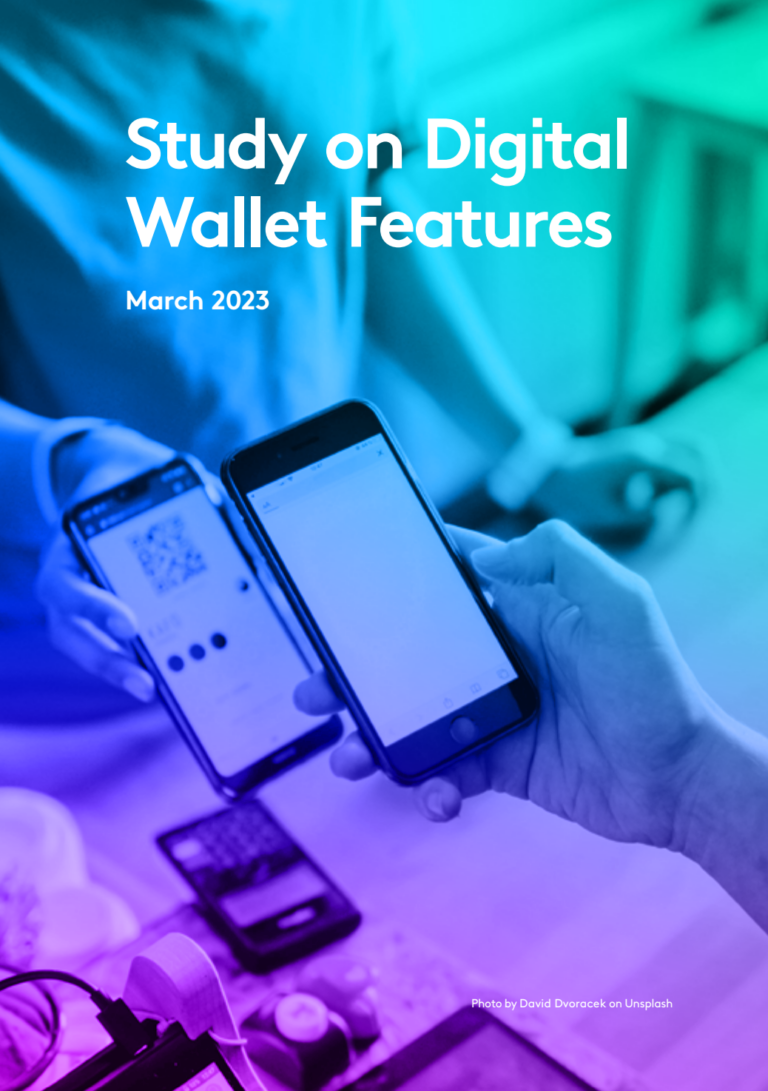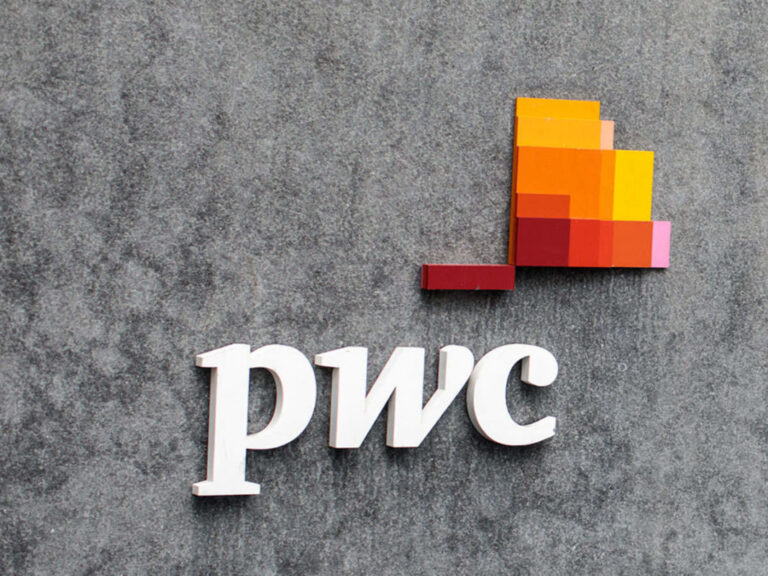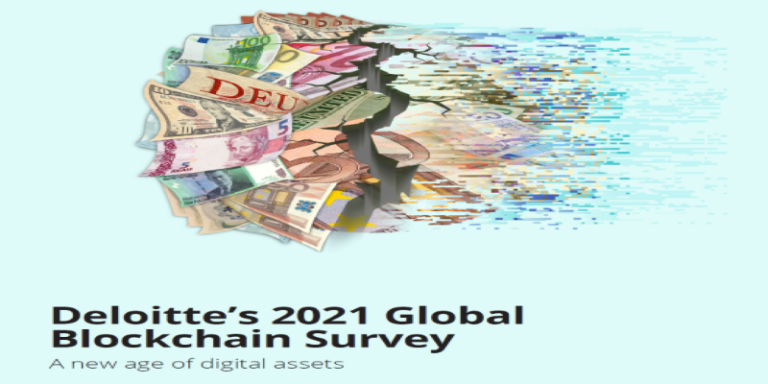Global commercial real estate investment reached an unprecedented high of US$830 billion in 2019. Real estate is traditionally one of the most illiquid asset classes, requiring significant capital commitments and entailing long, expensive transaction processes.
The Rise and Performance of Real Estate Investment Trusts (REITs)
As a more liquid way to gain access to the real estate sector, Real Estate Investment Trusts (REITs) has outperformed other major asset classes over the long run. In 2019, the S&P Global REIT Index increased by 18.7%. Increasing demand from new investors for increased access and from existing investors for greater liquidity gives an impetus to transform the real estate investment landscape.
The Role of Technology in Real Estate Transformation
A new wave of technology is bringing greater efficiency, higher security, and lower costs to the financial industry, among which tokenization heralds innovative real estate products for a digital era.
Understanding Tokenization in Real Estate
Tokenization is a rapidly developing area in the financial industry which enables investment in the form of digital tokens backed by real world securities or assets. For the purposes of this paper, “tokenization” will be used as a general description of the process of moving traditional non-digital securities to a digital form using blockchain technology. “Tokenized securities” will be used to describe digital investment products with the characteristics and functions of securities. “Security tokens” will be used to describe the form in which tokenized securities are issued to investors.
The Blockchain Backbone: Security and Efficiency
At the core of tokenization is blockchain technology, a type of distributed ledger which secures identical copies of data across a network of authorized stakeholders. In contrast to a centralized database, there is no single point of failure for data stored on blockchain, and unauthorized access to or alteration of data is near impossible. Leveraging the secure, immutable qualities of blockchain technology, tokenization facilitates digital fractional ownership with secure transaction records and swift settlement processes.
Tokenization in Real Estate: Current Trends and Partnerships
Tokenization is quickly gaining traction in the real estate sector, and traditional real estate institutions are partnering with technology providers to explore the tokenization of debt or equity. As more and more technology-backed real estate projects come to fruition, we expect that real estate investment will be invigorated by increased investor access to quality property assets.
Benefits for Technology Providers and Real Estate Stakeholders
Technology providers will in turn benefit from quality asset origination as well as the financial expertise of an expanding network of traditional real estate stakeholders.
Exploring Real Estate Tokenization: Technical, Regulatory, and Practical Perspectives
This paper will explore the tokenization of real estate from several perspectives, encompassing the technical element, the regulatory landscape, the implications on tax and governance, as well as real estate and business valuation. The discussion will follow the lifecycle of a tokenized security: from deal structuring to issuance, primary distribution, post-tokenization management, and secondary trading. Key considerations from the point of view of an issuer or asset manager will be considered, and hypothetical examples will be explored in conjunction with actual case studies. We will then consider the challenges and opportunities in this field, and conclude with a discussion on the future of real estate tokenization.
Focus on Hong Kong and Comparative Analysis with Singapore
As the case studies conducted by contributors to this paper all have components based in Hong Kong, whether on the asset origination or technology provision level, analysis in this paper will focus on the framework that currently applies in Hong Kong, with the inclusion of Singapore for comparative analysis. However, this paper does not provide and should not be treated as providing legal, tax, or other professional advice.
Conclusion: Moving Towards Institutional Adoption of Real Estate Tokenization
This paper aims to facilitate the conversation on institutional adoption of real estate tokenization in Hong Kong and raise discussion points for the different stakeholders involved. Tokenization has the potential to bring a new world of real estate investment featuring increased choice and flexibility for all stakeholders, but it will be a group effort to get there.
Quelle
https://assets.kpmg.com/content/dam/kpmg/cn/pdf/en/2020/04/real-estate-tokenization.pdf
Über KPMG
Die Unternehmen von KPMG sind weltweit in 143 Ländern und Territorien tätig und bieten Wirtschaftsprüfungs-, Steuer- und Beratungsdienstleistungen an.
Indem wir anderen Organisationen helfen, Risiken zu mindern und Chancen zu ergreifen, können wir positive, nachhaltige Veränderungen für unsere Kunden, unsere Mitarbeiter und die Gesellschaft insgesamt bewirken. Weiere Informationen findest du hier.












